- Write by:
-
Thursday, May 6, 2021 - 13:32:45
-
858 Visit
-
Print
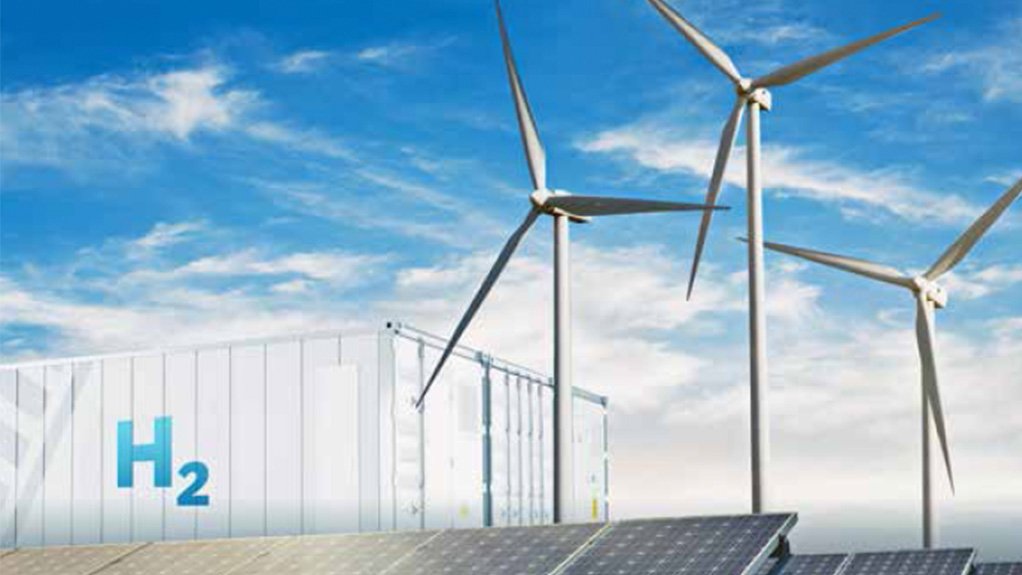
Mining News Pro - Australian Renewable Energy Agency (Arena) this week announced the conditional approval of a A$103.3-million investment towards three commercial-scale renewable hydrogen projects, as part of its Renewable Hydrogen Deployment Funding Round.
Arena has increased its original hydrogen funding envelope from A$70-million in order to fund the three projects in Western Australia and Victoria.
Some A$42.5-million in funding will go to Engie Renewables Australia for a 10 MW electrolyser project that would produce renewable hydrogen in a consortium with Yara Pilbara Fertilisers at the existing ammonia facility in Karratha, Western Australia, while ATCO Australia will receive up to A$28.7-million towards a 10 MW electrolyser for gas blending at ATCO’s Clean Energy Innovation Park in Warradarge, also in Western Australia.
Australian Gas Networks (AGIG) will be provided A$32.1-million in funding for a 10 MW electrolyser for gas blending at its Murray Valley Hydrogen Park in Wodonga, Victoria.
Arena noted that at 10 MW, the electrolysers in these hydrogen plants will be among the largest so far built in the world.
The projects will also play a significant role in supporting commercial-scale deployments of renewable hydrogen in Australia and help progress Australia’s pathway to achieving the Australian government’s goal of ‘H2 under A$2’.
Federal Energy and Emissions Reduction Minister Angus Taylor said that the funding will fast-track the construction of projects that will provide new economic and employment opportunities in regional Australia.
“The government is committed to building a clean and competitive hydrogen industry in Australia, and these projects are a huge step towards Australia cementing its place as a world leader,” Taylor said.
“These projects show how our existing ammonia industry and gas pipeline network will be crucial to the future clean hydrogen sector. This will be key to bringing down cost of renewable hydrogen production and distribution.
“Not only will these projects allow for new export opportunities, but they will build-up domestic demand so we are able to reduce emissions both here at home and overseas.
“We’re excited to be partnering with industry in regional Australia to unlock the energy and economic benefits of hydrogen.”
Engie’s project will see renewable hydrogen used to produce ammonia for export in the Pilbara, while ATCO and AGIG’s projects will use renewable energy to produce hydrogen for gas blending into the existing natural gas pipelines. The natural gas network will be key to delivering hydrogen directly into the homes of millions of Australians in the future.
The projects are expected to create more than 210 jobs during construction, with the National Hydrogen Strategy forecasting that an Australian hydrogen industry could generate about 8 000 jobs and A$11-billion a year in gross domestic product by 2050.
Project proponents must satisfy a number of conditions, including achieving financial close, before Commonwealth funding is provided.
Western Australian Premier Mark McGowan has welcomed the combined A$71.2-million in funding for hydrogen projects in the state, saying the federal government funding backed the local government’s efforts to position Western Australia as the nation’s leader for renewable hydrogen development.
"The projects align with the state government's 2019 Renewable Hydrogen Strategy, developing a hydrogen industry for both export and to blend into the local gas network.
"Renewable hydrogen will be a major future industry for Western Australia, helping to reduce carbon emissions locally and around the world and supporting local jobs,” McGowan said.
The state government has committed more than A$35-million in funding towards the hydrogen industry in Western Australia.
Hydrogen is a priority technology under the federal government’s Technology Investment Roadmap, and the government has set a goal of getting the cost of hydrogen under A$2 per kilogram.
Hydrogen at or under A$2 per kilogram is the point where it becomes competitive with alternatives in large-scale deployment across our energy systems.
In total, the federal government has now made available over A$850-million in support for hydrogen projects since 2015. As part of the 2021/22 Budget, the federal government will invest a further A$539.2-million for the development of four additional hydrogen hubs and support for carbon capture, use and storage projects.
Released in late 2019, the National Hydrogen Strategy aims to support an emerging industry to become a major global player by 2030 with the potential for exports to energy markets such as the Republic of Korea, Japan and Singapore.
Short Link:
https://www.miningnews.ir/En/News/613403
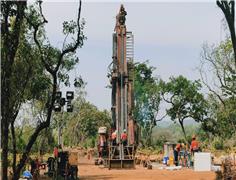
A prefeasibility study for Predictive Discovery’s (ASX: PDI) Bankan gold project in Guinea gives it a net present value ...
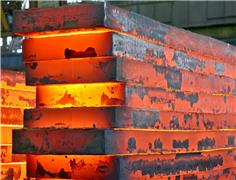
Iron ore futures prices drifted higher on Thursday as the latest soft data from top consumer China triggered renewed ...
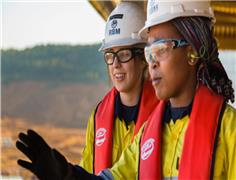
Rio Tinto said on Wednesday it is teaming up with a global venture studio and start-up investor to back the development ...
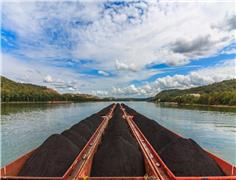
Outflows from global physically backed gold exchange traded funds (ETFs) continued for a 10th month in March, but at a ...
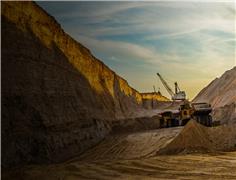
Australia’s Fortescue said on Monday it would form a joint venture with OCP Group to supply green hydrogen, ammonia and ...
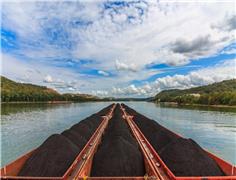
BMO Bank quietly dropped its policy restricting lending to the coal industry in late 2023, helping it avoid being ...
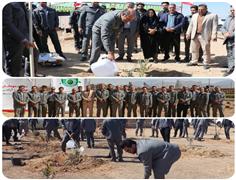
Mining News Pro - The ceremony of commemorating the tree planting day and the beginning of the afforestation project and ...
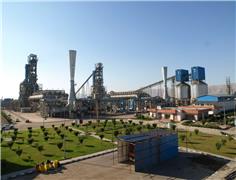
Mining News Pro - The DRI manager of Hormozgan Steel Company's said: According to the plans made in line with the ...
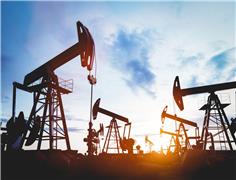
Private credit managers are doing significantly more fossil-fuel deals now than just a few years ago, as they step into ...
No comments have been posted yet ...